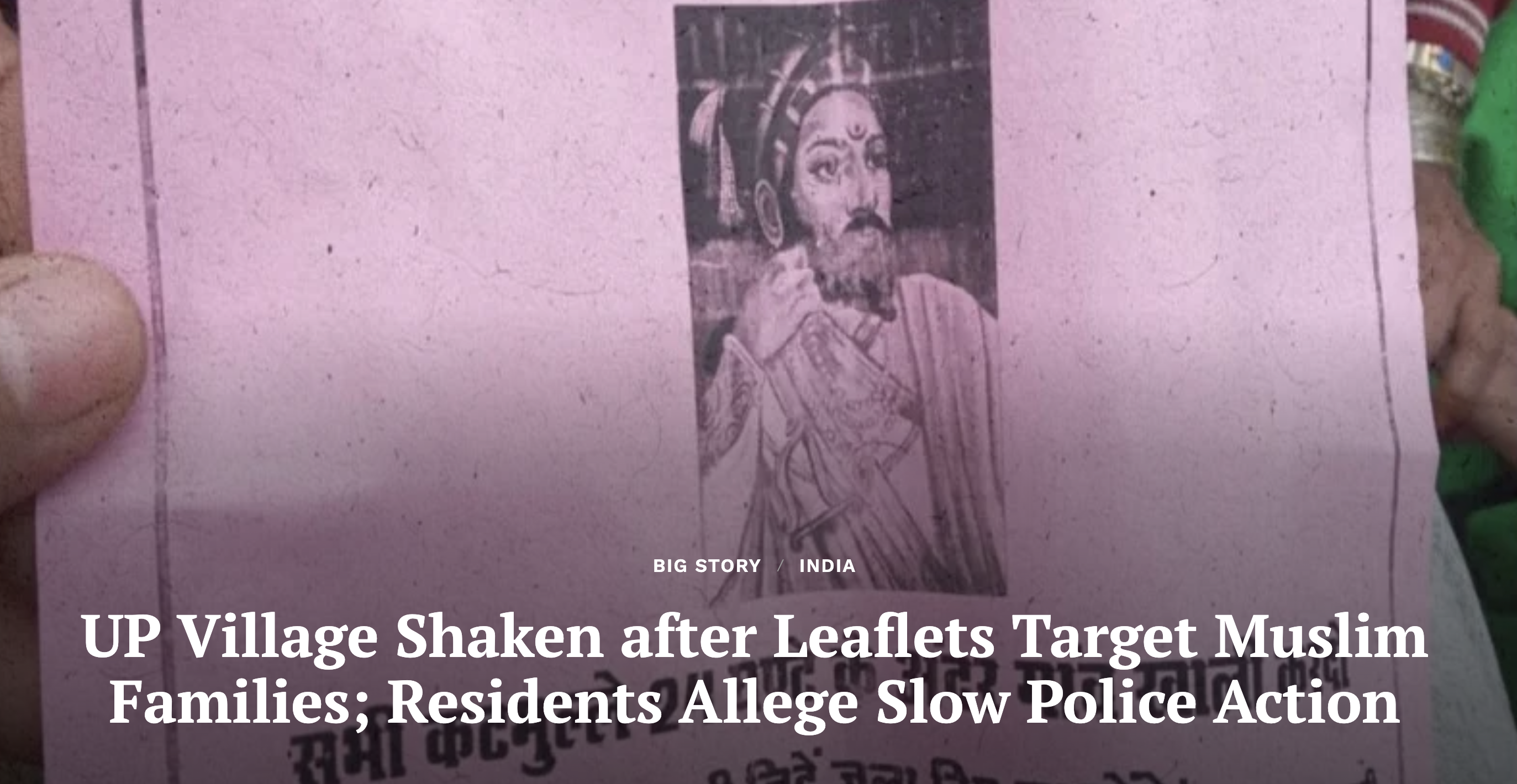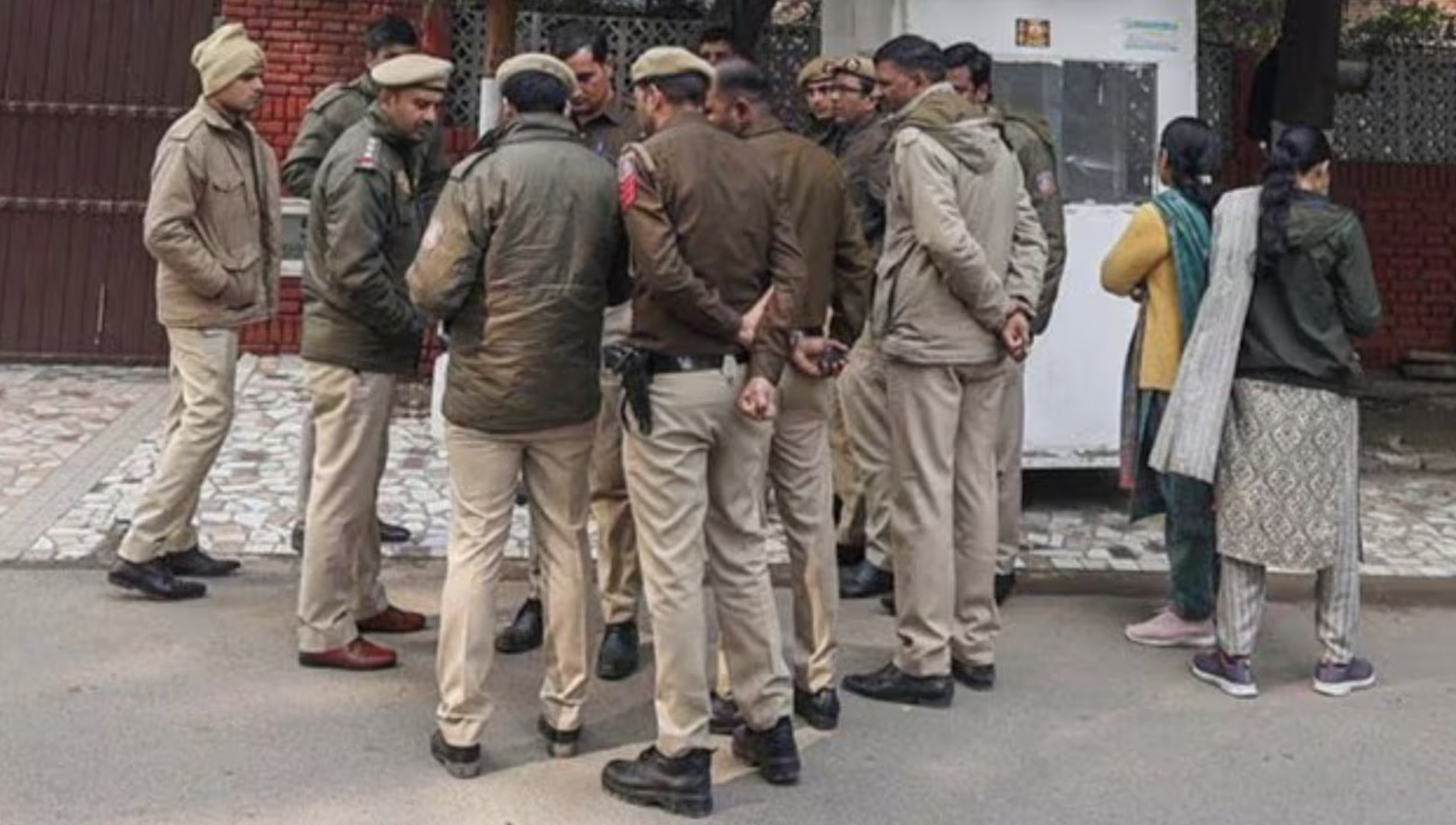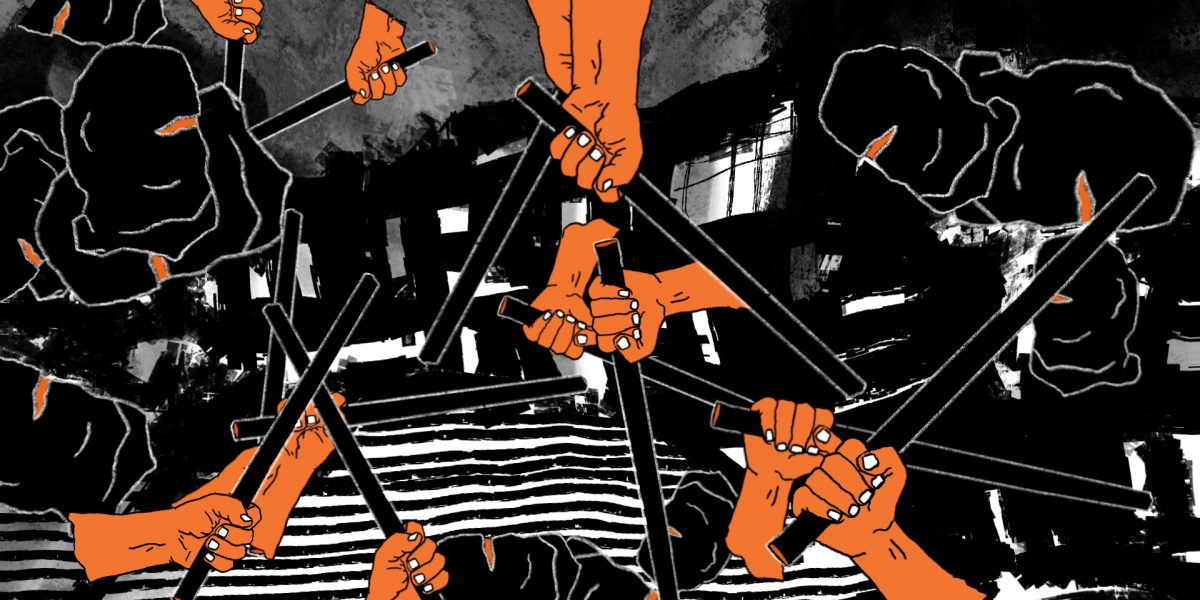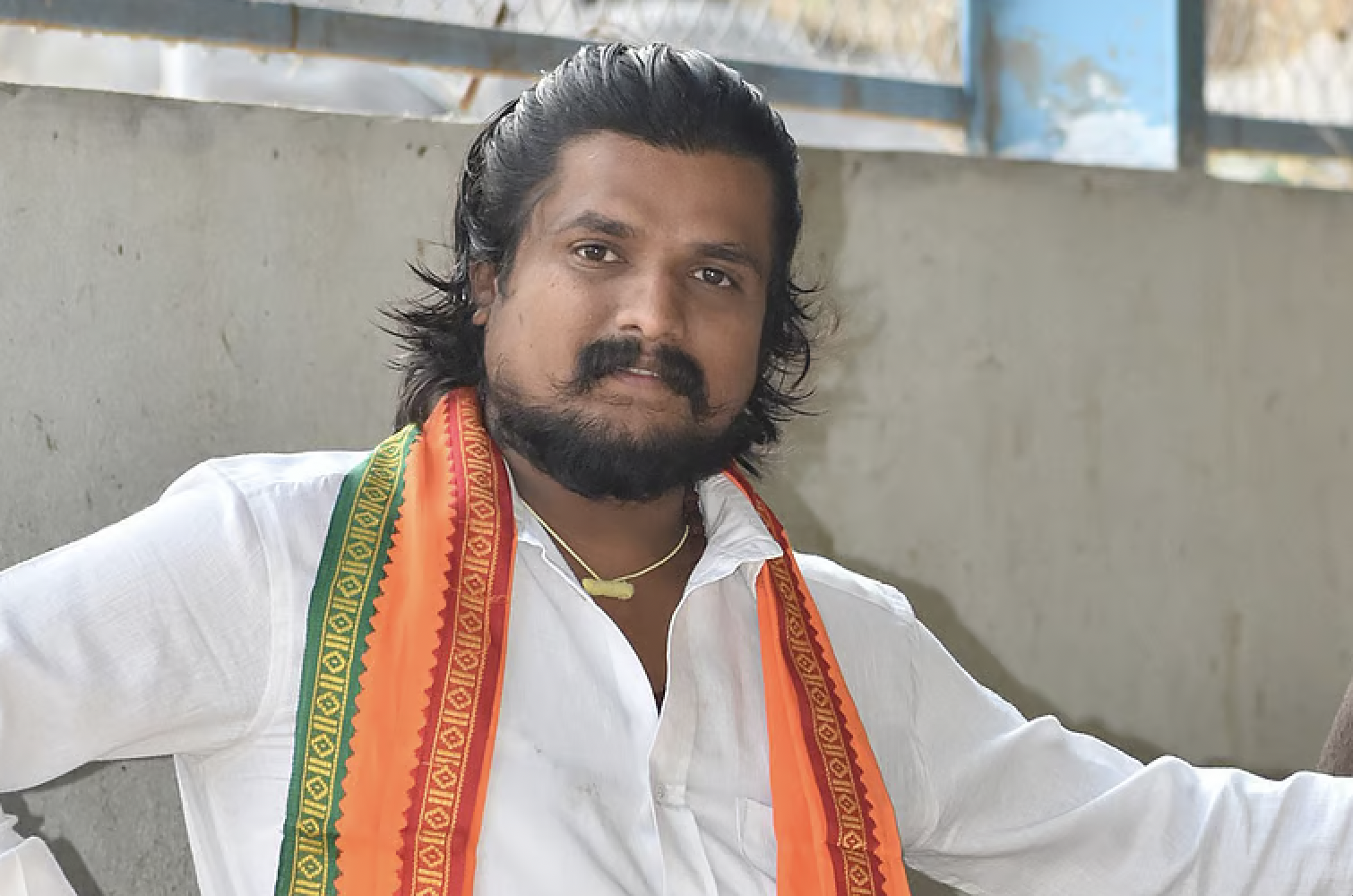
New Delhi: The Delhi high court has cited the fact that the Supreme Court is hearing the challenge to the constitutional validity of the sedition law to adjourn hearings of appeals filed by activists Umar Khalid and Sharjeel Imam, challenging refusal of their bails.
A division bench of Justice Siddharth Mridul and Justice Rajnish Bhatnagar have said that it “would be appropriate to wait for the outcome” of the challenge to Section 124A of the Indian Penal Code before hearing their appeals, LiveLaw has reported.
Khalid was arrested in September 2020 under the Unlawful Activities (Prevention) Act and charged by the Delhi Police of being part of the “larger conspiracy” behind the Delhi riots of February 2020.
Imam, arrested in January 2020, is also charged under the same “conspiracy” FIR, in addition to another case pertaining to allegedly inflammatory speeches he made at Jamia Millia Islamia in December, 2019 and Aligarh Muslim University in January, 2020, in relation to the Citizenship Amendment Act and the National Register of Citizens. At the time of the Delhi riots, which he is accused of conspiring for, he had been in jail for a month.
Both have been refused bail after long bail hearings and have challenged the refusals.
The Supreme Court will hear on May 5, two writ petitions by retired Major General S.G. Vombatkere and the Editors Guild of India, challenging the constitutional validity of the sedition law. A bench of Chief Justice of India N.V. Rama, Justice Surya Kant and Justice Hima Kohli will consider the petitions.
“Matter regarding section 124A of IPC is coming before Supreme Court. Findings of section 124A will have bearing on this case also,” Justice Bhatnagar said.
It is not clear how the matter will immediately impact the case, considering that hearings in the Supreme Court case will take place for some time.
When Khalid’s counsel, senior advocate Trideep Pais said that the outcome will “not have a bearing on the merits of the matter,” Justice Mridul said, “No matter the bearing, we should await the outcome.”
Two days ago, the same bench had asked Umar Khalid if it was “proper to use the word ‘jumla’ against the prime minister,” noting that there was to be a “lakshman rekha” or limit, to criticism.
The court, after hearing Imam’s counsel Tanveer Ahmed Mir, said that both the activists’ pleas will be heard together.
Imam’s plea argues that there was “no admissible evidence whatsoever” that Imam was part of any plan with the other accused in the case to turn “peaceful sitting protests/chakka jams into communal riots”.
The matter was posted for further hearing on May 6.
This article first appeared on thewire.in






